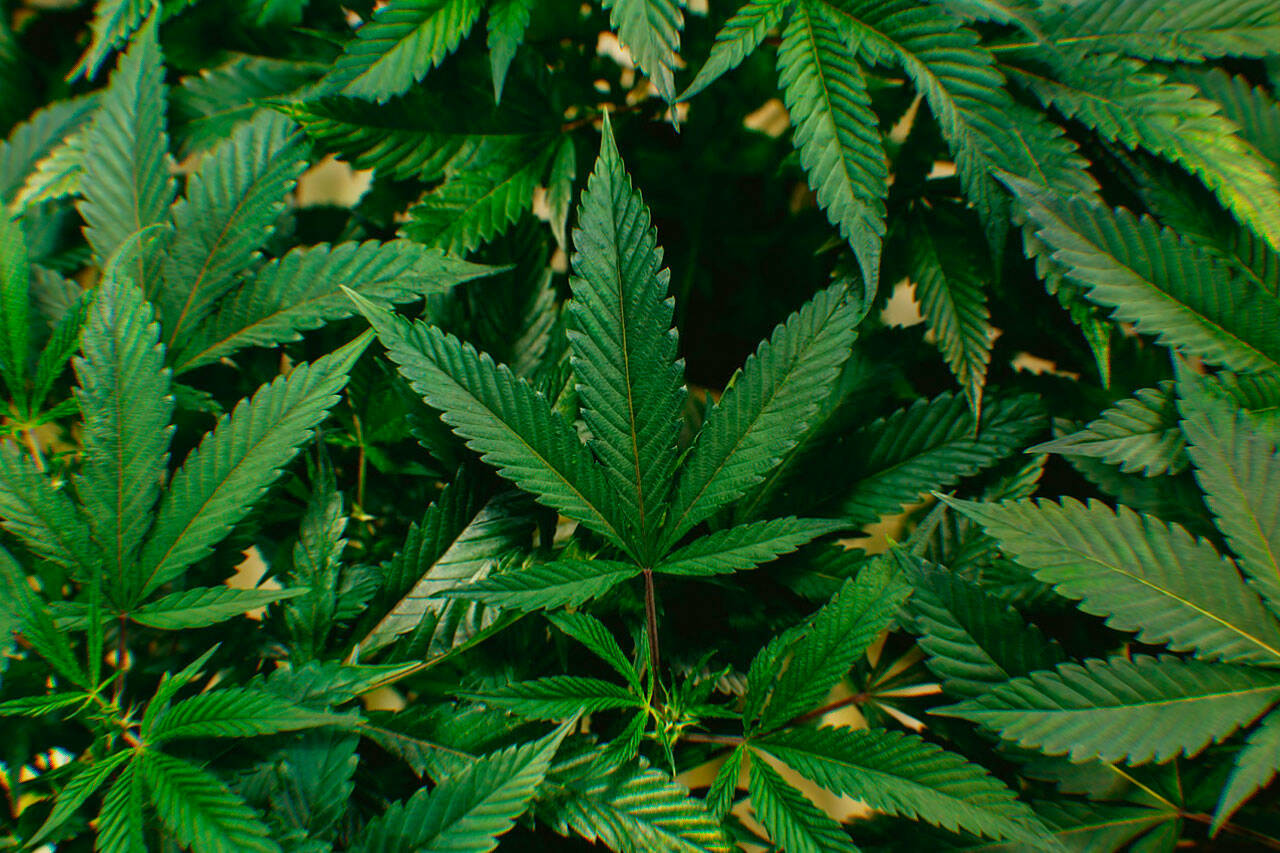"It didn't cure me, but it offered me the chance to get the rest I needed to recover, and I was able to operate at a much greater level than with the pain relievers, Browse this site that made me wake up foggy every day," he said. "With marijuana, I can consume it during the night and awaken with a clear head."Cannabis is an especially reliable treatment for people who require aid with pain management, along with those with sleep disorders or stress and anxiety; however, "there are hundreds of conditions that it treats," Rinella said.
Medical decisions should not be made based upon marketing. Seek advice from a physician on the advantages and dangers of specific medical cannabis products.

The results of an online survey, consisting of 95 participants, included in the Journal of Option and Complementary Medication in 2014. The researchers discovered that individuals preferred indica stress for discomfort management, sedation, and sleep while they would choose sativa stress to improve energy and mood. Regarding pain management, participants reported a statistically considerable impact when using indica for: It is, nevertheless, crucial to note that this research study had a number of restrictions.
Respondents did not use the marijuana in a controlled setting, potentially leading to differences in drug structure, dosage, and strength. Another research study taken a look at using organically grown sativa and indica pressures in the treatment of several medical conditions. Just over half of the individuals were utilizing marijuana to treat HIV.
The results showed that indica pressures are more likely to enhance energy and hunger, while both sativa and indica strains can ease queasiness to a comparable degree. Cannabis contains compounds that might relieve pain, nausea, and other symptoms. The elements of cannabis that a lot of studies focus on for pain relief are cannabidiol (CBD) and tetrahydrocannabinol (THC).
CBDTHC resembles the cannabinoid chemicals that occur naturally in the body. When people consume or inhale THC, it the brain's cannabinoid receptors. This activates the brain's reward system and minimizes pain levels. THC is a psychedelic substance as it binds to cannabinoid receptors and produces a raised state of mind, referred to as a high.